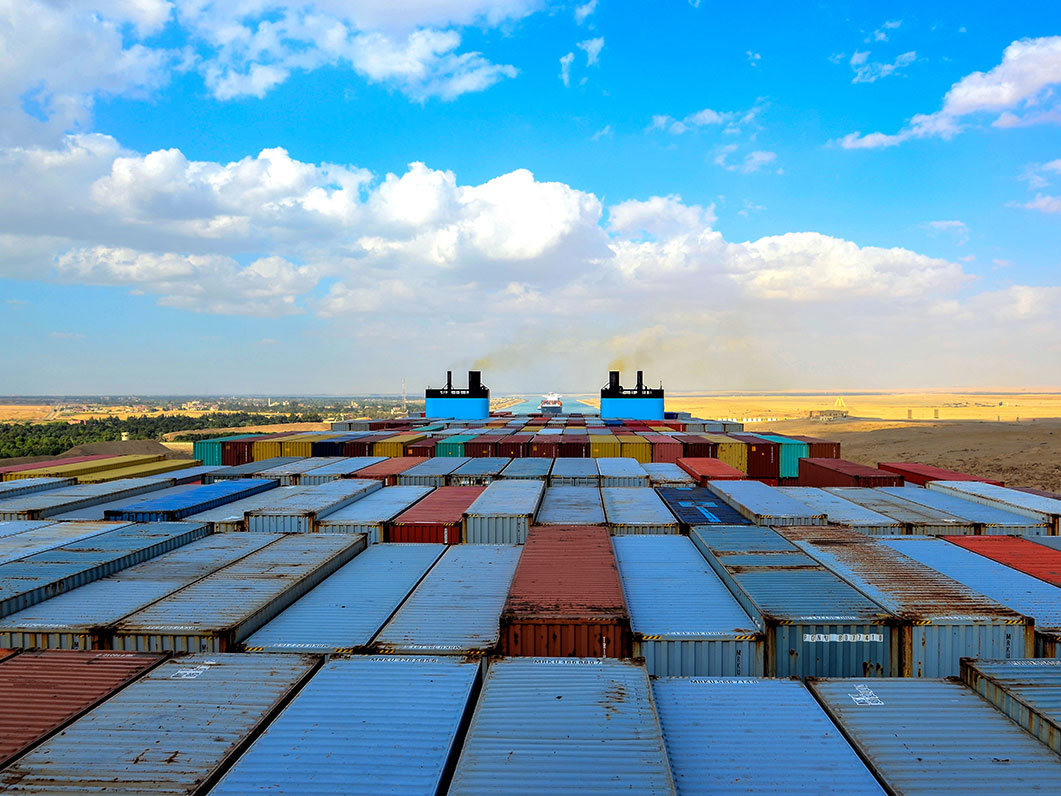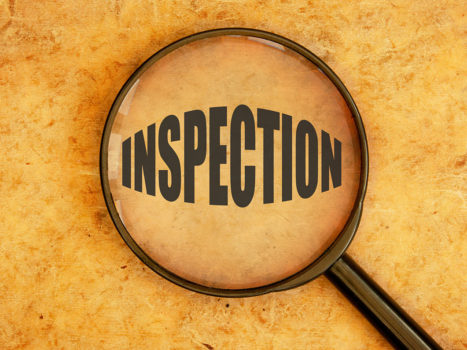By Cain Adams
Trinity Logistics/Longboard Logistics
Meridian, ID
(Editor’s note: Our logistics pro, Cain Adams with Trinity Logistics/Longboard Logistics in Idaho, looks this week at the effects of the Suez Canal incident, which had a ship literally sideways and blocking all passage. From his perspective, Cain looks at this and other transportation issues across the country and around the world. Hat’s off to our transportation guru!)
The Suez Canal Has Popped Its Cork
Onions reduce high blood pressure. As a freight broker in 2021, I may need to eat a few more a week. The stress level really can make a guy say, “I need a vacation.”

My wife and I took a little time to check out Van Life in Hawaii recently, and we rented a Mercedes equipped with a bed, fridge, shower and other bells and whistles to tour Oahu. It was the right ticket! Waking up to crashing waves each morning and listening to a bit of island reggae was amazing. Eating local food, feeding a chicken or two and hiking in a tropical rainstorm was refreshing.
And finding a Maui Onion and adding it to a great hamburger topped it all off.
So now being back in the seat, I was asked about the Suez Canal fiasco. It’s the talk of the town. What the heck happens when a cork is put in a soda bottle? And what happens when that cork is pulled? I think you know the answer.
The Suez Canal brings about 30 percent of imports to the East Coast from Asia, and that 30 percent was disrupted for Savannah, Charleston, New York/New Jersey, Jacksonville and Miami.
Ship companies can do a few things. They can use this event as an excuse to say, “Your product will be delayed two weeks.” Or, they can use this time to reset and take two weeks off then be back on schedule.
The second way of doing business allows ports to clean up delayed freight, but it also backs up the loading locations. Either way, the demand for product is still high, and so there will be a wave of vessels which will get backed up in ports soon. I just hope those captains don’t play bumper cars.
The good news is the Suez Canal disrupts the East Coast only, and Los Angeles and the West Coast were not affected. They take in about 50 percent of Asian freight. The Panama Canal also takes on about 20 percent. No effects.
I think empty containers heading back to Asia may be the issue, though. Empty containers need to make it back to Asia to reload. Europe is going to be hit the hardest – they won’t be able to get their empty containers back to Asia fast enough to be loaded because their ports are too congested.
In turn, those empties end up getting filled and shipped to the United States; so I think this is going to show a tightening of available containers. This may mean less ships will be able to load, and stores will have to wait longer for their items from Asia. Demand is outpacing supply; so items may go up in price. I finally got my Maytag dryer. It’s American, but some components are made overseas. It only took six weeks to get! “Only.”
As we go into the summer, I can say fuel pricing will be an issue. Carriers enjoyed the high margins. If fuel goes up, carriers will ask for more money to hold those margins. New truck orders are backed up, and restaurants are opening up. The squeeze.
Contract rates to carriers are way lower than spot market rates. This is leaving freight on docs, and carrier service levels are lower. Shippers / customers are then forced to go out on the spot market and feel the pain.
Those are some hard calls. Keep looking for higher rates. Fuel has gone up for 19 weeks straight, and we don’t see that coming down anytime soon.
We hope everyone gets their freight covered. It’s a tough go. Here to help if you need it. Cheers and Aloha! Cain Adams Trinity Logistics / Longboard Logistics Longboardload@gmail.com



